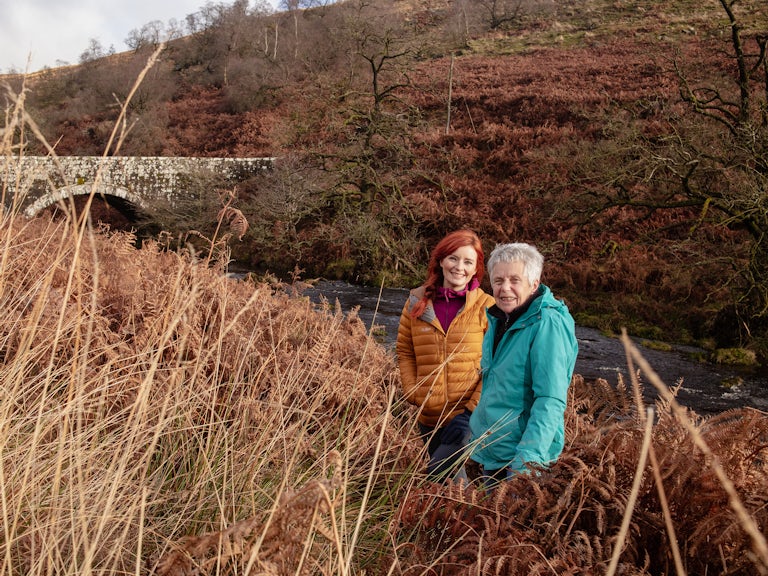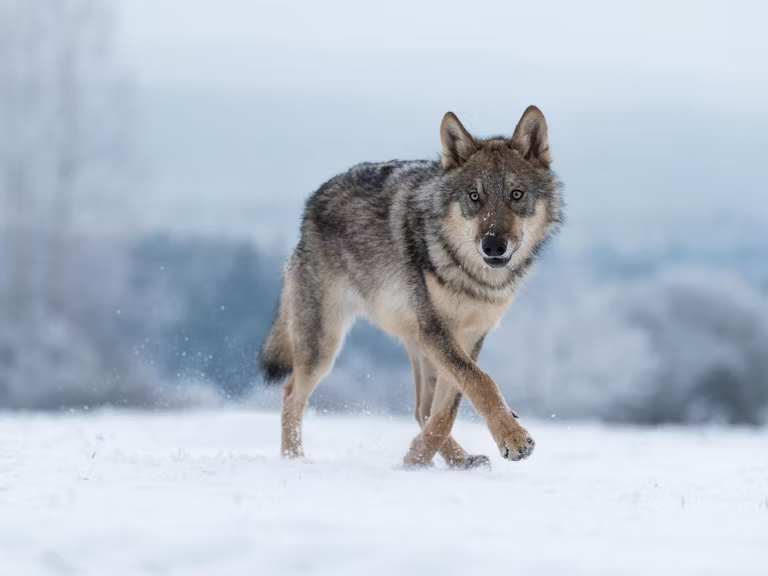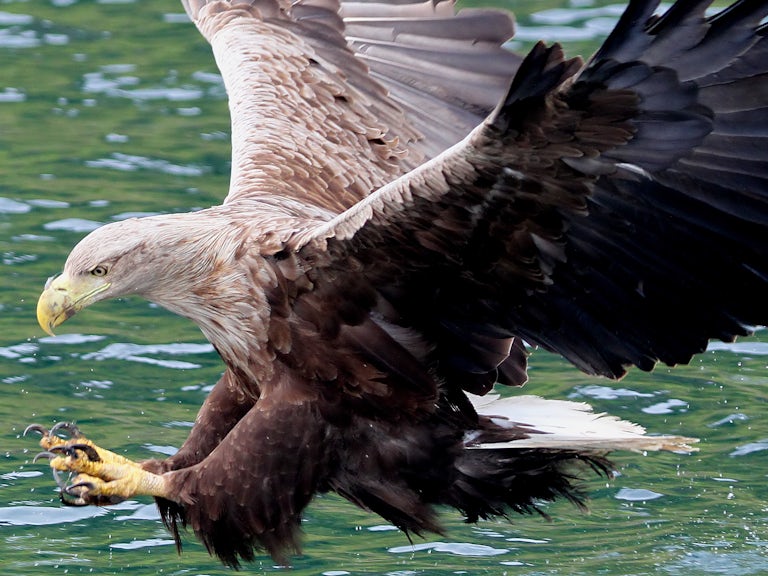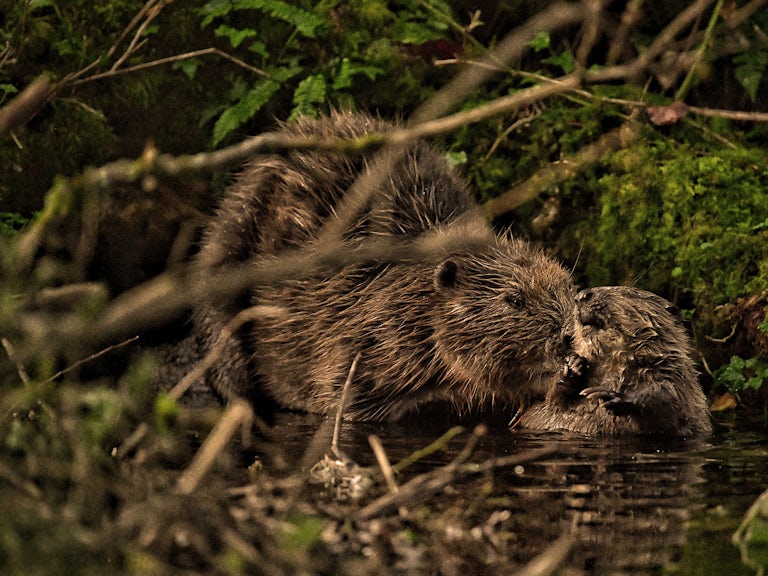Langholm Initiative
The Langholm Initiative completed the largest-ever community buyout of land in southern Scotland, creating a new nature reserve and new jobs.

Formed 25 years ago to help the former textile town tackle industrial decline, the Langholm Initiative is the community development trust that acts as an anchor organisation for local people and businesses. It acquired 2,100ha of grouse moor and woodland for £3.8 million on behalf of the local community, and intends to transform the land into the Tarras Valley Nature Reserve, which will protect and restore peatlands and ancient woodlands, and provide a haven for rare hen harriers.
But this doesn’t mean abandoning the land to nature and removing people from the area. Far from it. Hand in hand with nature recovery, the community wants the buyout to act as a springboard for wider regeneration. The ambition, says development manager Angela Williams, is to build a ‘Nature-Based Economy’ around Langholm which generates jobs and income for the local community.
The southern tip of the moor is within walking distance of Langholm itself. “The aim is to use the moor as a catalyst for sustainable tourism, for bringing more people into the town,” says Angela. “We feel strongly that the town has to feel the benefits.”
Over the next few years, in consultation with the local community, the Langholm Initiative plans to attract tourists to the area through developments which could include the creation of a glamping site, all abilities trails and a hen harrier observatory. Several buildings on the moor will also be redeveloped to generate income, while a number of people will work to restore the land, attend grazing animals and manage woodland. The ambition is that local people and local suppliers will benefit either directly or indirectly.
The money to buy the land from Buccleuch Estates was raised after a lengthy fundraising campaign. To secure the funding, the Langholm Initiative commissioned a business plan to convince major backers such as the Scottish Land Fund that the buyout would not only benefit nature and the local community but would also deliver financial sustainability.
“Large scale ecological restoration, a sustainable nature-based economic model and community engagement are central to everything we’re doing”
Jenny Barlow
Estate manager
The business plan concluded that the nature reserve would indeed boost local tourism, employment, training and housing opportunities for the local community.
If development work is carried out, the plan said the land could generate a surplus of £1.29 million after 26 years; £1.05 million of this could be used to fund development itself, leaving an overall cash surplus of £292,000.
“Economic impacts could be similar to the Galloway Kite Trail which created 20 full-time equivalent jobs over an 11-year period,” said the report. Already, four new full-time and two part-time jobs have been created since the moor came into community ownership in March, says Estate manager Jenny Barlow.
This economic development, of course, runs hand in hand with plans to ensure that the moor captures carbon and mitigates climate change. “Large scale ecological restoration, a sustainable nature-based economic model and community engagement are central to everything we’re doing,” says Barlow.

Read more about the Tarras Valley Nature Reserve and other rewilding projects on the Rewilding Network map.
Page published October 2021
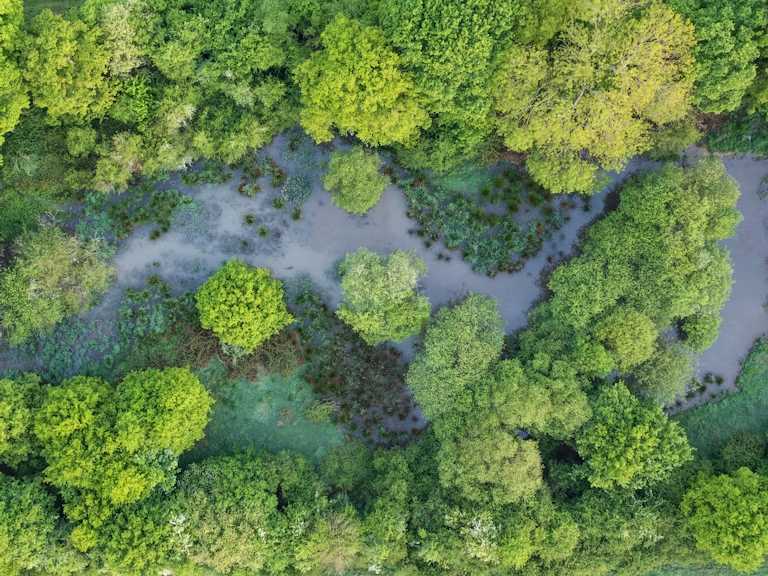
Explore our Rewilding Manifesto
We need UK Government to Think Big and Act Wild for nature, people and planet.
Learn more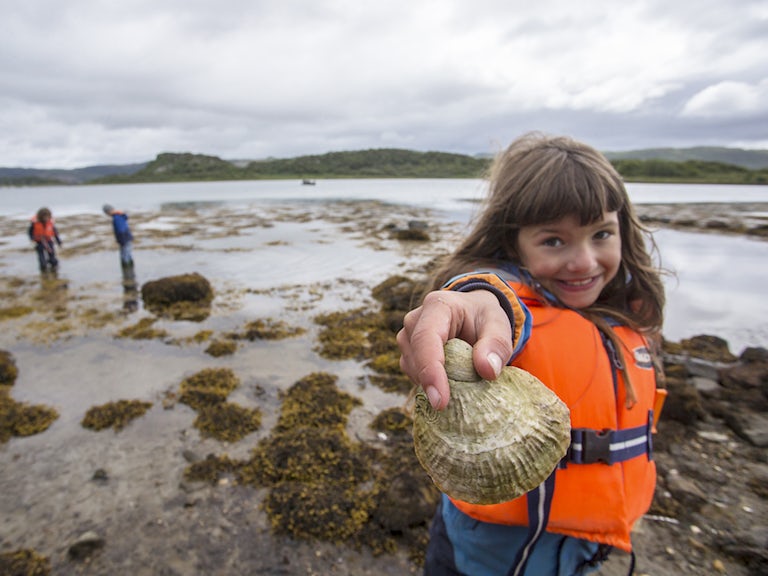
Our vision
We have big ambitions. Find out what we’ve set out to achieve through rewilding.
Our 2025-2030 strategy
